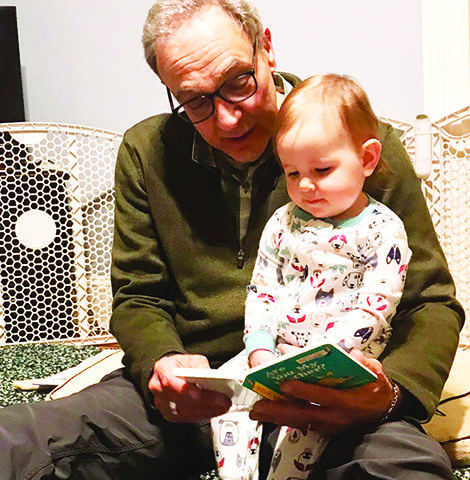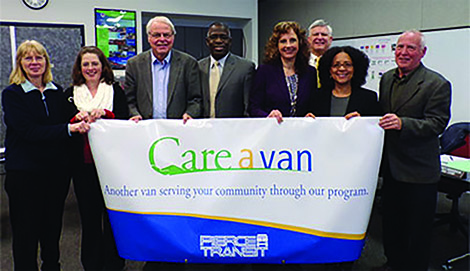Best response to strokes: Know the warning signs and dial 9-1-1
Stroke can happen to anyone, at any age and at any time.
On average, someone in the United States suffers a stroke every 40 seconds, someone dies of a stroke every four minutes, and nearly 800,000 people suffer a new or recurrent stroke each year.
A stroke occurs when not enough oxygen-rich blood is reaching part of the brain. The usual result of a stroke is paralysis of one side of the body. A stroke is an emergency situation and, like a heart attack, requires immediate medical attention. Healthcare providers caution that “time is brain.†About 1.9 million brain cells die each minute during a stroke.
It’s important to learn the warning signs of a stroke so you can help save a life and reduce the physical repercussions and recovery time.
With stroke, every minute counts. People who delay seeking medical care for more than one hour after experiencing stroke symptoms have a much higher likelihood of permanent damage to brain tissue, disability and death. So it’s critical that patients get the treatment they need as soon as possible.
Warning signs of stroke include:
• Balance: Loss of balance or coordination.
• Eyes: Changes in vision.
• Face: Look for an uneven smile.
• Arms: Check if one arm is weak or drifts downward when raised.
• Speech: Listen for slurred speech.
• Time: If you observe any of these signs, call 9-1-1 right away.
Why dial 911? It’s safer.
You may think driving a patient to the nearest hospital is the fastest and most helpful response, but there are clear advantages to dialing 9-1-1. The biggest advantage is that the emergency medical services team can assess and route patients to the best hospital for their condition, and they will give the hospital advance notice of the patient’s arrival. This advance notice triggers a “code neuro†over the hospital PA system and initiates a system of rapid responses so that diagnostics and treatment begin immediately upon arrival.
If the patient deteriorates during transport in a private vehicle and no one is able to provide lifesaving interventions and medication, the driver would have to pull off the road and then call 9-1-1 for assistance.
Remember, a stroke can happen at any time. It could happen to a friend or family member or someone you observe in a grocery store. If you remember to be fast and dial 9-1-1, you could save someone’s life.
Source: MultiCare Health System, a not-for-profit healthcare organization with hospitals, clinics and other services in Pierce, King and Kitsap counties and elsewhere in Washington and Idaho.

